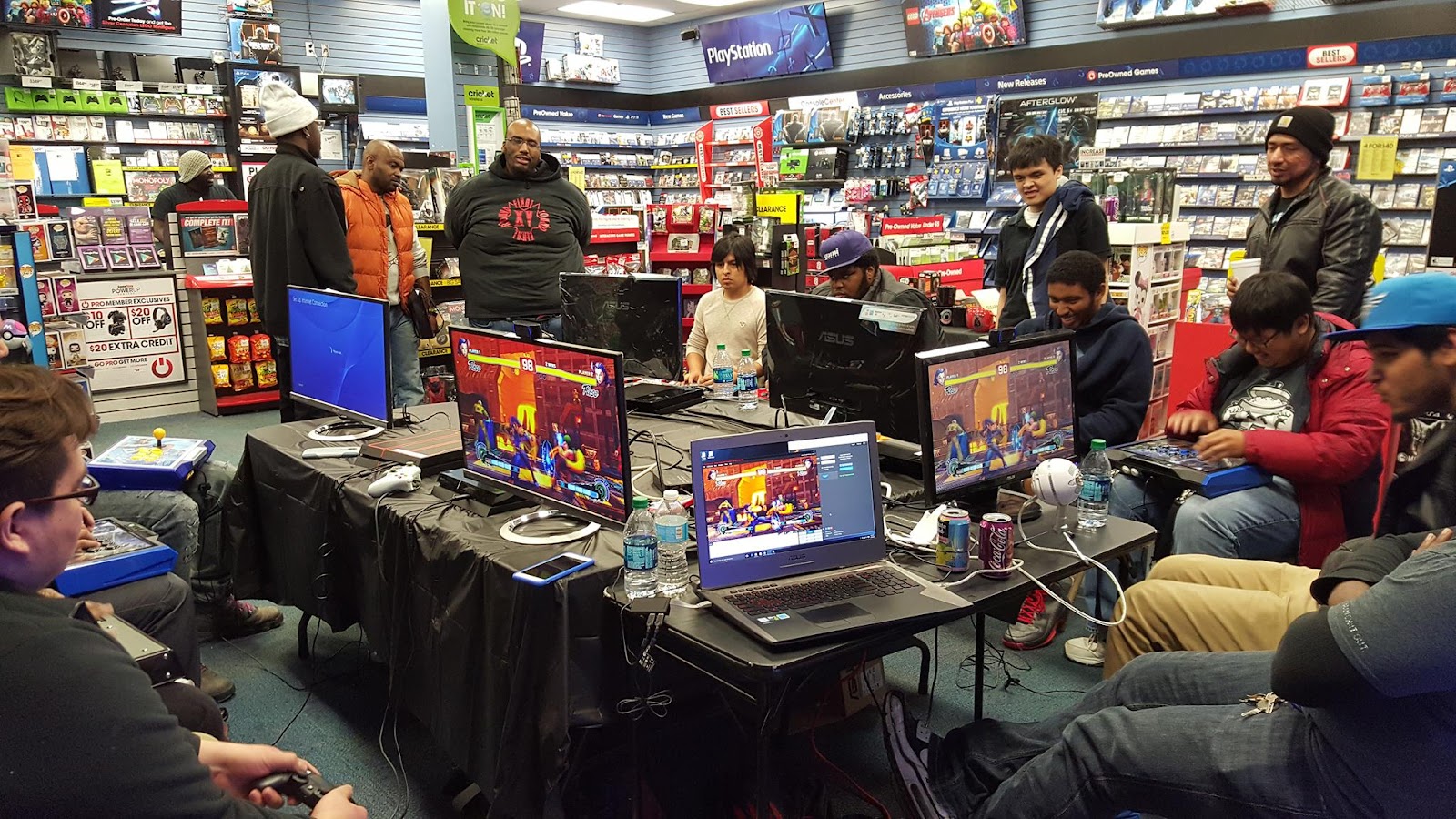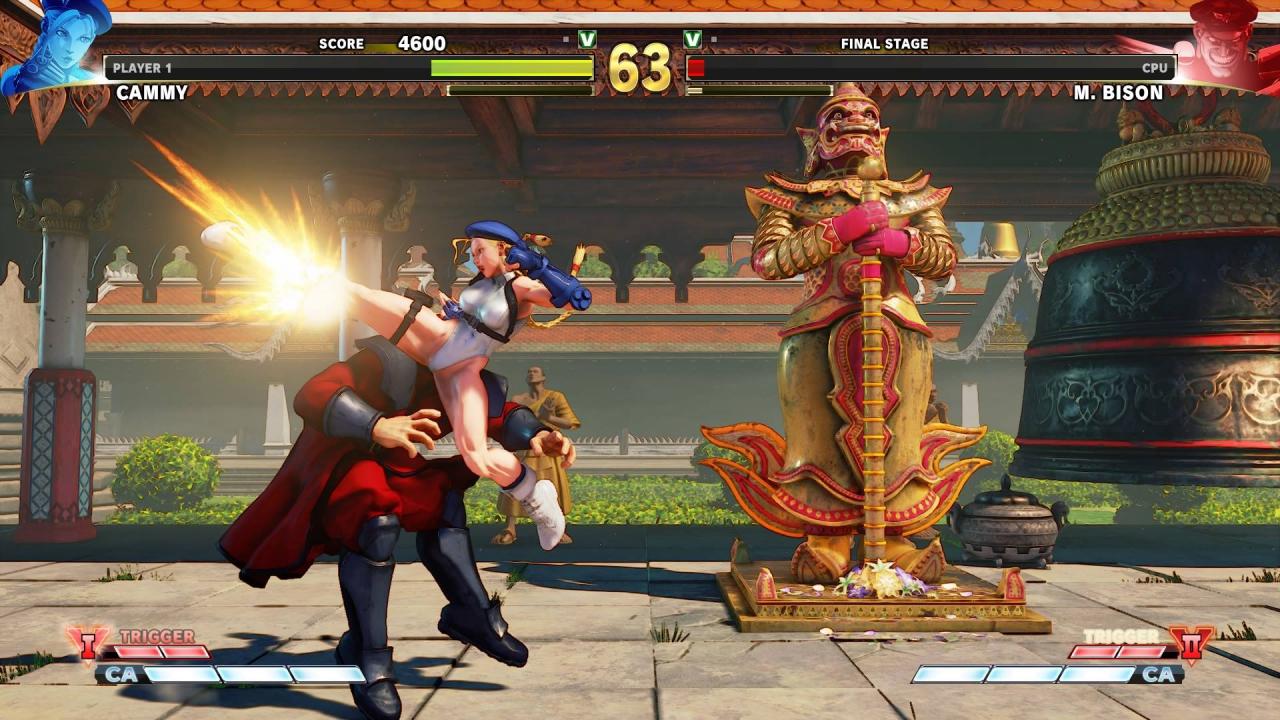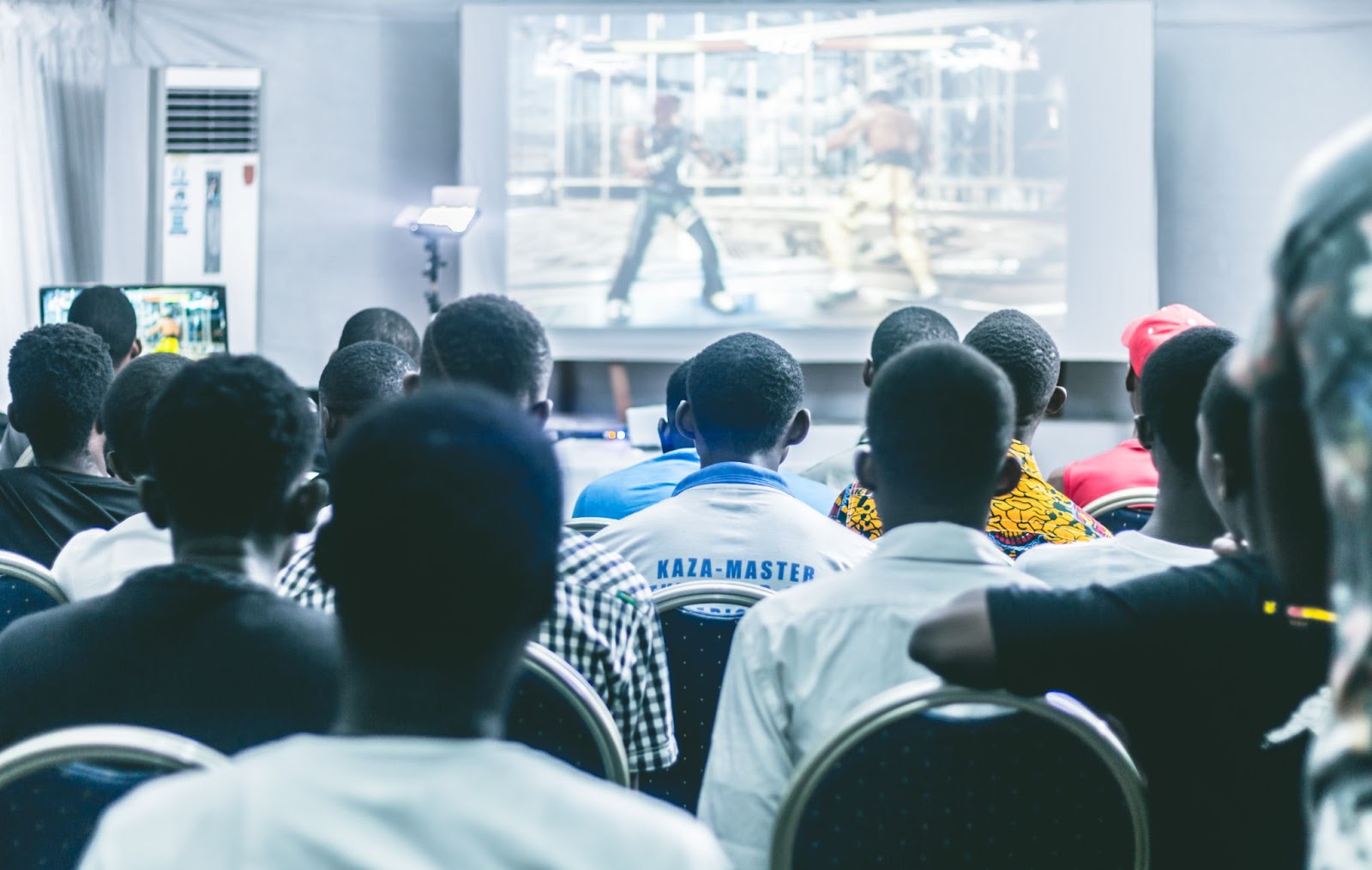DashFight’s Femi Famutimi writes for Esports Insider to discuss the ups and downs of the pandemic and how it has affected the Fighting Game Community (FGC).

The pandemic has had a unique effect on the gaming industry. Unlike several other industries that saw their fortunes dwindle when the pandemic hit, the gaming industry grew from strength to strength. According to Statistica, in-game content sales increased by 12 percent in 2020, while money spent on downloads increased by 21 percent in the same year. Time spent playing video games also rose dramatically.
The reason for this is obvious: video games are a way for people to connect. One of the subtle side effects of the pandemic was the accompanying loneliness caused by the loss of social interaction, and people flocked to gaming as a coping mechanism.
For fighting games, however, the effects of the pandemic were pretty grim. The primary reason for this is the in-person, communal nature of the FGC. Of all esports ecosystems, the FGC is particularly dependent on community.
Unlike many other games that developed in the internet age, the FGC predates the advent of accessible internet, and at the time, most people grew their ties at the arcades. Additionally, since fighting games were always one-on-one, it was easier to identify talent and know their names.
Local tournaments were the lifeblood of the fighting game community and were, for some, their only social circle. So when the pandemic hit and people could no longer go out, many in the FGC were cut off from their social and gaming circles. It spelt bad news for tournament organisers, as more and more tournaments were forced to go on hiatus. Community Effort Orlando and Combo Breaker were some of the more famous casualties.

RELATED: NFTs in the FGC: The next iteration of fighting games?
As the community saw the need to adapt, fans started consuming more fighting game content online. Soon, streaming and online tournaments became the norm as players realised that this was their only way to compete and keep up with the world around them.
The numbers tell the story: Seasons 1 and 2 of Street Fighter League (USA) in 2019 saw peak viewerships of 18,800 and 27,500 respectively, according to Esports Charts. Season 3, which took place in late 2020, had 52,700 peak viewers.
This significant jump showed increased interest in streaming fighting game competitions. This was true for most other fighting games, and fighting games saw the most growth of any gaming genre during the pandemic, with a 30 percent increase in playtime, per Statista.
This growth also came with one major problem that the fighting game industry is still coming to grips with — ‘netcode’, the technical infrastructure that supports online play. Having their origins in arcade-style in-person competitions, fighting games have traditionally had a terrible reputation for online netcode.
Since much high-level FGC activity took place offline, fighting game developers never worried too much about the netcode for their games. However, when the pandemic hit and even the biggest tournaments now needed to be run online, something needed to change.
The pandemic forced the game developers to think more seriously about the online experience, and even stubborn developers like SNK and Arc System Works started to announce that their games would come with rollback netcode, a networking innovation that provides a more seamless experience. This has produced a much better experience for competitive FGC, and bodes well for the future as tournament organisers are able to run both offline and online tournaments.

Tournament Organisers’ Plight
The hardest-hit group in all of this was tournament organisers (TOs). For many years, these have been the pillars of the fighting community, and on many occasions, their events have literally kept games alive.
As the pandemic started to tighten its grip, TOs suffered immeasurable losses. DashFight, on behalf of Esports Insider, spoke to tournament organisers Saltmine League and The Online Local, who both brought into sharp focus the crippling effects of the pandemic.
The unwillingness of potential sponsors to support events and the losses garnered from last-minute tournament cancellations were hard to handle. Apart from the personal losses, which were unquantifiable, there were also financial losses, as according to a representative of The Online Local, some TOs proved unable to claim venue insurance since the ordinances that prevented large gatherings weren’t considered ‘state of emergency’ ordinances.
Moreover, since online tournaments weren’t, at that point, as widespread as they are today, several organisers found they were unprepared for the volume of online entrants, which led to logistical issues when running tournaments.
[primis_video widget=”5183″]RELATED: Red Bull in the World of FGC
This is not to say that there weren’t marginal gains, however, as both tournament organisers DashFight spoke to said that several commentators, streamers, and other talent found their groove during the pandemic’s online era, and have today created a new stream of income.
Additionally, the prevalence of online tournaments has helped precipitate the rise of erstwhile unknown regions like South Africa in the latest Capcom Pro Tour (CPT). On the flipside, however, some TOs are now worried about waning interest in LAN attendance as fans acclimatise to the new, comfortable online normal.
The pandemic has been a time of huge losses and marginal gains for the FGC. The losses can never really be quantified, and the effects will linger for a while to come. But, in the midst of this, we have seen green shoots of promise which could bode well for the FGC in the future.
Now, every fighting game developer takes the issue of netcode seriously; regions (and markets) that were hidden in the shadows are now seeing light; and a community that has always been close-knit but divided by geography now unites online more than ever before.
DashFight is an all-in-one fighting games hub, packed with guides, news, VODs, events, and rankings for games like Tekken 7, Street Fighter V, Super Smash Bros. Ultimate, Mortal Kombat 11, Dragon Ball FighterZ, Brawlhalla, and Guilty Gear -STRIVE-.
